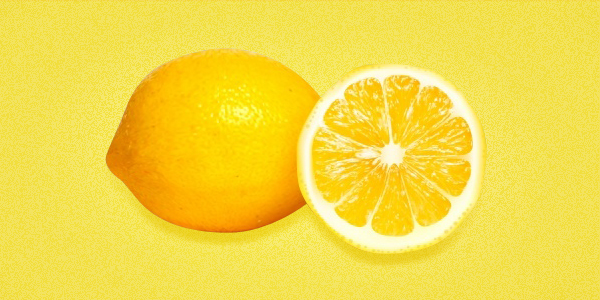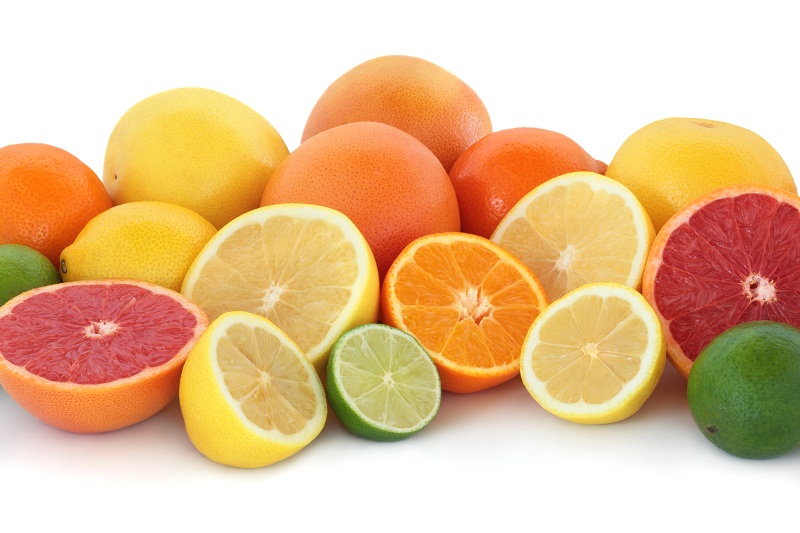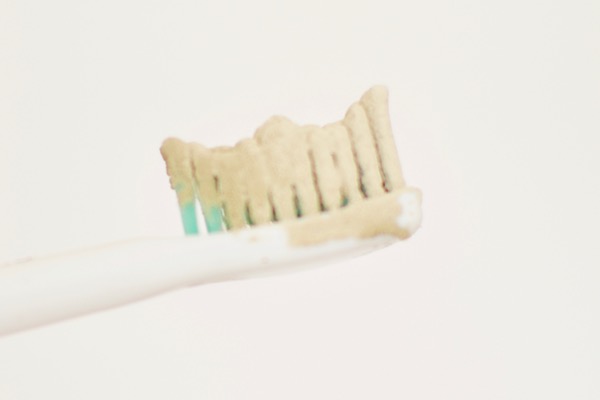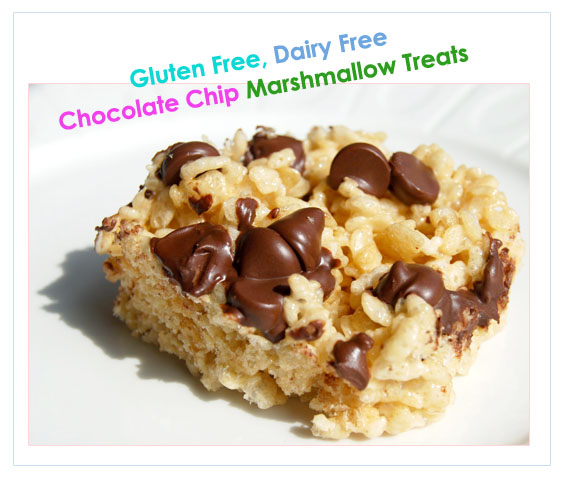Find out why this citric acid is in your bath and shower products…
There are many unusual chemicals in your shower products and cosmetics, almost to the point that they outweigh the natural, recognizable ingredients. This can be quite a problem, as you end up applying a lot of chemicals and artificial ingredients to your hair. But before you freak out, it’s important to know what exactly the chemicals are.
Limone, also known as d-Limonene, is one of the ingredients you’ll often see in your shower and bath products–particularly in shower gel. Nine times out of ten, the limonene will be included in the products made with citrus extracts, such as grapefruit, orange, and lemon.
The reason that there is limonene in your citrus-based shower products is because limonene is naturally found in citrus fruits.
You see, when citrus oils are extracted from the rind of lemons, oranges, and grapefruits, d-Limonene is one of the major components of the oils. Those extracted oils contain a lot of limonene, which contains the flavors and aromas that you identify as “citrus”.
In order to get that flavor and smell, the oils have to be distilled and the limonene concentrated. Most of the citrus oil is collected during the distilling process, and that becomes food grade d-Limonene. The oil has been separated from the juice, and a lot of the aromatic and flavor compounds remain in the oil.

READ MORE: Dangerous Chemicals in Wool
But then it goes through another process, this one involving the extraction of more oil from the citrus peels. The peels go through a steam extractor after the juicing process is complete, and the stream extractor gets even more of the limonene compounds from the oil. The steam extractor then condenses the steam, and the resulting liquid has a layer of oil floating atop it. That oil is extracted, making technical-grade d-Limonene.
Interestingly enough, a lot of limonene is used to make paint. The citrus compounds help to give the paint its strong aroma. It is also used in cooling products (think antifreeze), and you’ll find that it’s in a lot of products with a citrus smell. The majority of limonene, however, is used to make the products you find around your house, such as any citrus-scented cleaning or bath products.
Limonene is a solvent, meaning it helps to break down solutions of liquids, solids, and gases. It is often added to detergents and dishwashing liquids in order to dissolve grease and food stains, making it easier for you to wash your dishes.
When it is added to your bath products–such as your shower gel–it is effective at breaking down the sweat, grime, and grease that has accumulated on your body. It will leave you nice and clean, thanks to the compounds in the limonene that act as a solvent. It also helps nutrients to penetrate the skin, making the other ingredients in your shower gel more effective.
Now, is it going to be a health problem?
If you take limonene in its natural form (in the peel of citrus fruits), you have nothing to worry about. If your skin is exposed to concentrated limonene, the high-grade compounds are likely to cause skin irritation or allergies. But in your shower gel, there’s very little chance that it will cause any kind of harm. It contains about as much limonene as you’d get by rubbing a lemon or orange peel on your skin. There is a risk that it will irritate your skin, but the risk is fairly low.








